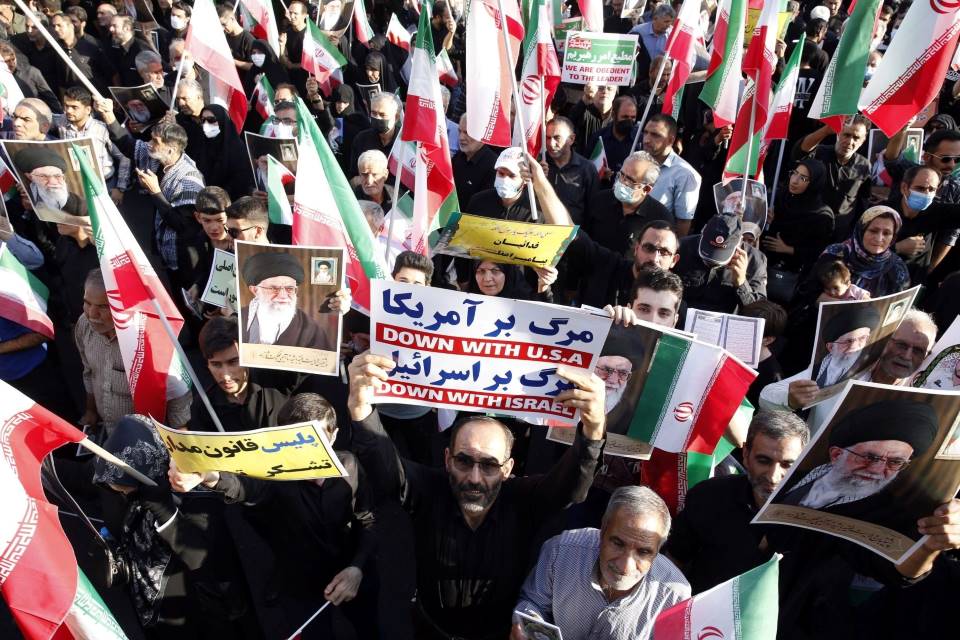The bill of Voluntary Declaration of Non-Externalized Argentine Savings provides for the payment of aliquots that will start in the 2.5% from the entry into force until March 31 Y then they will rise to 5% and 7.5% in subsequent quarters.
The project establishes that national officials and their families will not be able to access this laundering, nor will those who have been reached by the Solidarity Contribution arranged to mitigate the effects of the pandemic.
According to the project prepared by the Ministry of Economy, to which Télam had access, the subjects affected will be individuals, undivided estates and companies.
The goods included will be the possession of national and/or foreign currency in the country and/or abroad, financial assets, real estate, movable property and other assets in the country and/or abroad, including credits.
Likewise, the rates for foreign assets are doubled when there is no repatriation, understanding the return of assets when the amount for possession in foreign currency and the amounts generated by financial assets represent at least a percentage to be determined by the regulations of the total value of the assets abroad that are declared.
A simplified regime is also established with a special rate of 1.5% Applicable to individuals who externalize possession of national and/or foreign currency and the amount does not exceed 35% of the average annual income of the last 3 fiscal periods and with a limit of up to US$ 50,000.
Among the most important recitals it is highlighted that to access the simplified regime, the voluntary declaration of the possession of national currency or foreign currency will require the preparation of a merely informative affidavit that accounts for the externalized amount.
Only those taxpayers covered by the Solidarity Contribution will be excluded from the Simplified Regime, that is, those with a high contributive capacity.
The subjects that adhere to this bill will be released from all civil, commercial, criminal tax, foreign exchange criminal, customs criminal and administrative infractions that may correspond to the declared assets.
This includes those who have omitted to declare the following taxes: Profits, Internal and Value Added, Personal Assets and the special contribution of Cooperatives.

Unlike what happened with the laundering promoted by the previous government, there will be exclusions for public officials and direct family members.
Specifically, individuals who, between January 1, 2010 and the effective date of this law, have performed public functions, as well as their spouses, cohabitants, parents and children, may not enter.
Another outstanding aspect is the incorporation of collaborators as a procedure for the AFIP to obtain information from any subject, resident or not in Argentina.
The function of the collaborators will allow the eventual detection and/or location of both undeclared assets, in the country and abroad, as well as maneuvers that have as their objective some of the crimes typified in this Criminal Tax Regime.
It is clarified that the application authority, the Federal Administration of Public Revenues (Afip) may agree with the collaborator, in the terms established for this purpose by the regulations, the amount of the reward, although this may not exceed 20% of the total of what was actually collected.
Those who make use of this figure will enjoy protection and confidentiality of their identity and their family or corporate environment.
Besides, the AFIP will be dispensed from applying administrative sanctions and from filing criminal tax complaints against themif applicable, when the obligations evaded, used or improperly received and their accessories were the subject of a collaboration agreement.
the new laundering launched simultaneously with tax information exchange agreement signed with the United States which will enter into force next week and will receive information on the bank movements of Argentine taxpayers residing in that country.
This agreement will allow automatic knowledge of the financial holdings of Argentine residents in the United States.
To put it into operation, the AFIP reinforced its security system with the incorporation of software specially requested by the United States and the installation of cameras in the sector that processes data from the northern country.
















